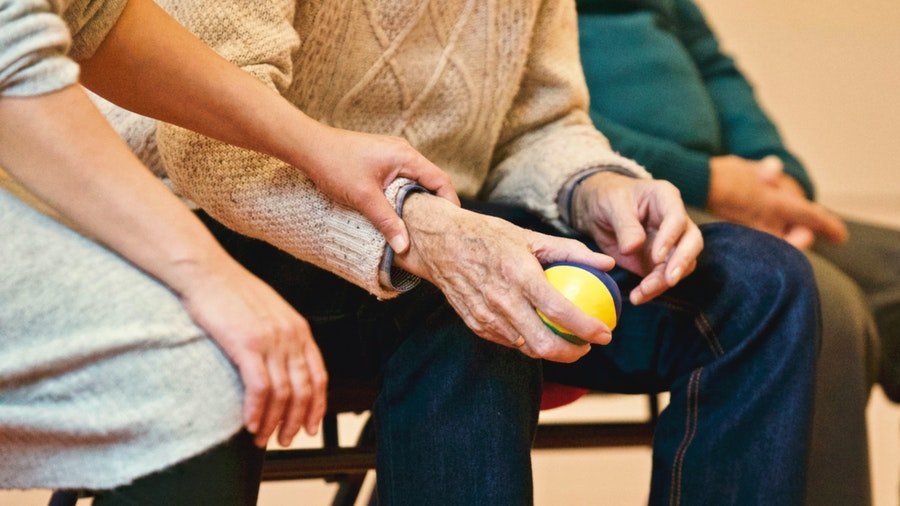Why Should You Care About Blockchain?

Whether you are in business or government or at least interact with both the public and private sectors (that should be all of you), blockchain technologies will impact you in a profound way.
People who have studied blockchain deeply say this is like the internet before Marc Andreessen co-invented the browser.
Then, we had no idea that the world would change as radically as it has. The world will change drastically again, and no one can predict how.
However, let’s take a glimpse into the future at what people are working on now, so you get just an inkling of what’s possible.
IBM is putting a lot of metal behind the blockchain arrow and aggressively going after business. One example is a project with Walmart to track food shipments.
Let’s use the example of mangoes. Why is this important and how does the blockchain fit in? This food-tracking application is important because Walmart wants to have all the information it can about the mangoes it is buying.
Armed with this information, Walmart can do many valuable things:
- Verification: Verify that the mangoes claimed to be organic are actually so (ensures quality).
- Tracking: Track the mangoes as they travel from the farm to the store, so handlers know where they are and when they will arrive (reduces cost).
- Ensure quality: If they need to be refrigerated to certain temperatures to ensure freshness during shipment (ensures quality).
- Recall management: Know exactly which mangoes should be taken off the shelves if there’s a problem with the food (ensures quality and reduces cost).
- Automation: Reduce human interaction required between farmers, distributors, brokers and buyers (reduces cost).
Where does the blockchain fit in? Here’s how a blockchain-enabled mango-buying transaction works better than a process without the blockchain.
1) Verification
It turns out that people eat more food that has been labelled “organic” than is farmed.
However, there is a possibility that some non-organic ones can make their way into shipments unbeknownst to the buyer.
Now, the mangoes get labelled at the source by a trusted entity that deems them organic. That information is then recorded on the blockchain, and that information cannot be changed.
The “proof of organic” is now locked in and Walmart now fully trusts its mangoes as organic. It makes it difficult for anyone in the chain to fraudulently sell you mangoes that are not organic.
2) Tracking
Walmart is great at removing costs from their supply chains – maybe the most efficient company in the world for this.
Now, they can build in a delivery price guarantee into the system, without human intervention. It works like this:
Using a smart contract (code that represents an agreement), Walmart can say they will pay a certain amount for mangoes that show up on the shipping dock within a specific shipment window.
And, they can do that without having to create paperwork representing a different price for a late shipment. The payment to the late shipper gets changed automatically, based on the code in the smart contract.
3) Ensure quality
If the refrigerator truck in which the mangoes are being shipped malfunctions, the mangoes could go bad.
The shipper and Walmart might not realise there’s a problem, but ultimately, the consumer will be very unhappy.
If the transportation company has thermometers on their truck to continually report the temperature of the truck during transport, then Walmart will know that the mangoes are fresh when they arrive, ensuring high quality.
Again, this is done automatically on the blockchain due to a trusted source of information (the thermometers) communicating with the smart contract that has set the temperature parameters.
READ: 7 Disruptive Innovations That Will Change The World
4) Recall management
Sometimes mangoes need to be recalled for one reason or another. Without the blockchain, Walmart might have to remove many thousands of mangoes to ensure no customer gets a bad one.
With the blockchain, however, Walmart now knows exactly which mangoes need to be taken off the shelf. This ensures only the bad ones are removed.
Yes, other technologies exist today which can do something similar to tracking mangoes.
However, what the blockchain does is provide a higher level of confidence that fraud did not occur along the way to protect the entity that enabled bad mangoes to happen in the first place.
5) Automation
Today, a lot of intermediate transactions can exist in a transportation process. For example, transactions between the farmer and the broker; between the broker and the shipper; between the shipper and Walmart.
These transactions usually require people to approve or deny some aspects of the movement of products.
Through smart contracts, a lot of these approvals can be automated and sped up by removing people from the equation. This reduces costs and speeds up the process.
In conclusion
Of course, this is only one example of an application that can transform an industry. Many more applications are being built to address very different needs and uses.
Only by keeping up to date with the latest technologies can you get, and stay, ahead of the curve.
This was first published on Glenn Gow's LinkedIn.
Functional
Tags: Systems & Structures, Digital





